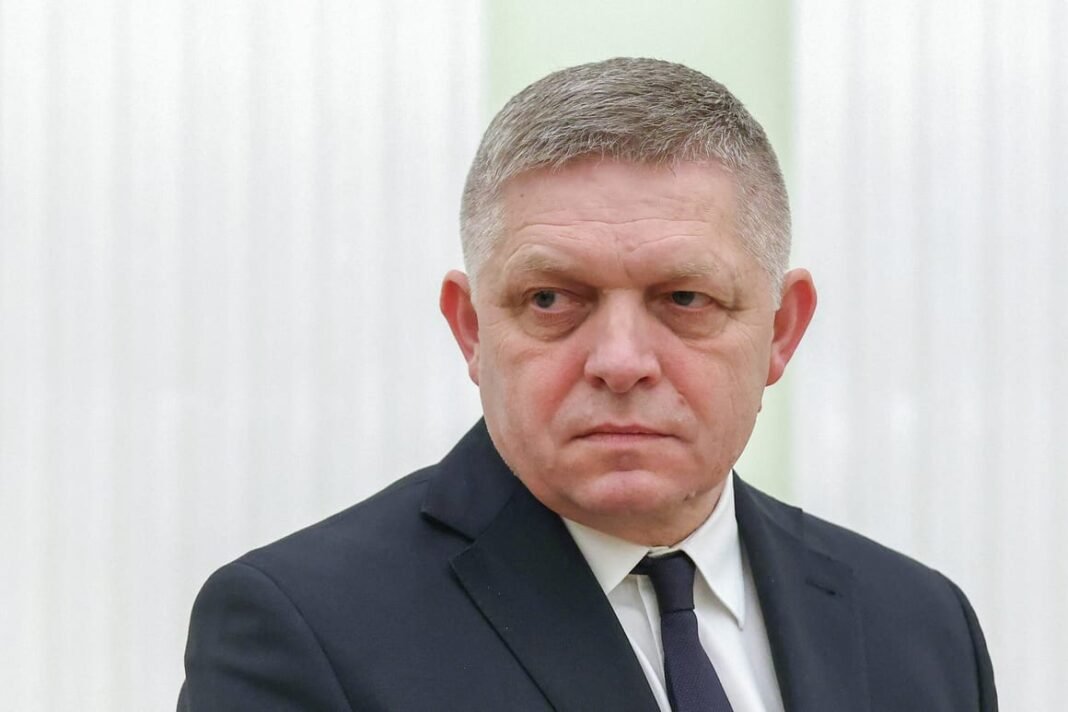Victory is in our hands, but these hands are in need of more modern weapons. Not tomorrow but today, so we can return to our families — and not in coffins.

Yegor Firsov is a combat paramedic in Avdiivka, Ukraine. He is an activist and a former member of the Ukrainian parliament. This article was translated from Ukrainian by Valentyna Marchenko.
When assessing the general situation at the front, it is difficult to be objective. One judges everything from the unit’s the perspective: If successful on the battlefield, it seems we are winning; if suffering ferocious attacks, it seems we are losing.
And as I write these words from New York — not the world-renowned American city but the Ukrainian town located right between Bakhmut and Avdiivka — we now hold the tactical initiative here, thanks to surveillance drones. Before we got them, the Russians would hang out near their trenches, openly smoking and drinking. Now, they’re digging with shovels and building fortifications.
Nothing brings greater pleasure than this — seeing the enemy fearful of you, with their frenzied activity to escape from our targeted bombardments.
But the main problem for us now is fatigue — not physical exhaustion but mental tiredness. It is clearly visible across units that have been on the front line for over a year now. Their soldiers find it hard to master complex technology; they are emotionally drained and seem almost robotic in their movements and conversation.
Recently, I accompanied my brigade commander to present soldiers with government awards. The ceremony took place at our command post — just a few kilometers from enemy positions — and as all eight soldiers stood to attention while the brigade commander congratulated everyone and presented their accolades, I took out my phone to snap a photo. But when I started taking pictures, I noticed their faces showed no emotion.
I asked them to smile, but to no avail. Out of the blue, I shouted out “tits!” — but even that didn’t prompt any smiles. One of the company officers then approached me and whispered in my ear: “What do you want from them? They haven’t been rotated for more than a year.”
Some guys cannot stand the pressure any longer and have started searching ways to leave: One soldier in my brigade married a disabled woman, so he would be able to demobilize. Those of us in the company weren’t delighted by his choice, but he wasn’t condemned either — everyone can break under fatigue.
Yet, at the same time, most of the wounded try to stay in the service, even though they have legal reason to leave. Many continue to serve despite having suffered multiple concussions — especially after the battles in Bakhmut, where almost every soldier now has acoustic trauma. It is unavoidable if you are taking part in urban warfare, where mines, shells from tanks and Multiple Launch Rocket Systems are constantly blasting near you.
By the same token, my company officer who has the call sign “Forest” just turned 60, and he’s still doing everything possible to renew his contract with the Armed Forces of Ukraine, even though his unit is stationed at a difficult part of the front. He feels he cannot abandon his soldiers. He doesn’t want to leave any business unfinished — and now his business is war.
I can’t hide the fact that there is simmering frustration in the ranks, with some soldiers starting to wonder why some Ukrainians are fighting and others are not. The government needs to think much more about sharing the burden of war fairly, so that everyone, in one way or another, contributes to victory — and not just state that it “believes in the Armed Forces of Ukraine.” Otherwise, this tension could later create social conflict.
Perhaps those who fought through the hostilities should be entitled to additional rights, or those who didn’t despite being subject to conscription should pay more taxes. Yes, it would be an unpopular decision, but everyone must pay the price of war — not just the military. Because we were not born soldiers either, and until this war began, most of us who have been fighting for over a year now had no idea what a weapon was or how to use one.

And yet, today, we already consider ourselves professional soldiers. We can determine what kind of projectile is hurtling toward us just by sound alone. And after almost 15 months of waging war with such intensity, we are, of course, starting to see its effects.
The other day, I tensed up when my comrade was standing behind me with a machine gun. God forbid, I thought, he should suddenly start shooting. And in that moment, the impact of an enemy shell just 100 meters away seemed so far, I didn’t even pay attention.
In many ways, the war has now turned into a contest of technologies. For example, analyzing footage from drones flying over enemy positions has become ever more important, but it is also especially demanding, with summer foliage obscuring movements and positions. To spot enemy trenches, tanks and artillery, you need to look very carefully, which requires real focus and attention, pouring over drone footage for long stretches of time.
Armed drone operators must also be highly alert. Drones can reach speeds of up to 100 kilometers per hour, which means any error — especially when getting it started — can lead to devastating disaster, including dropping explosives on your own side.
Our psychological and physiological stamina is not infinite; we understand this. And on the eve of the counteroffensive, we were frightened because we understood that attacking is much more difficult than defending. But we also want to get going — we want to end this war as quickly as possible.
Victory is in our hands, but these hands need more modern weapons. Not tomorrow, when we may no longer be alive, but today, so that we can return to our families — and not in coffins.





